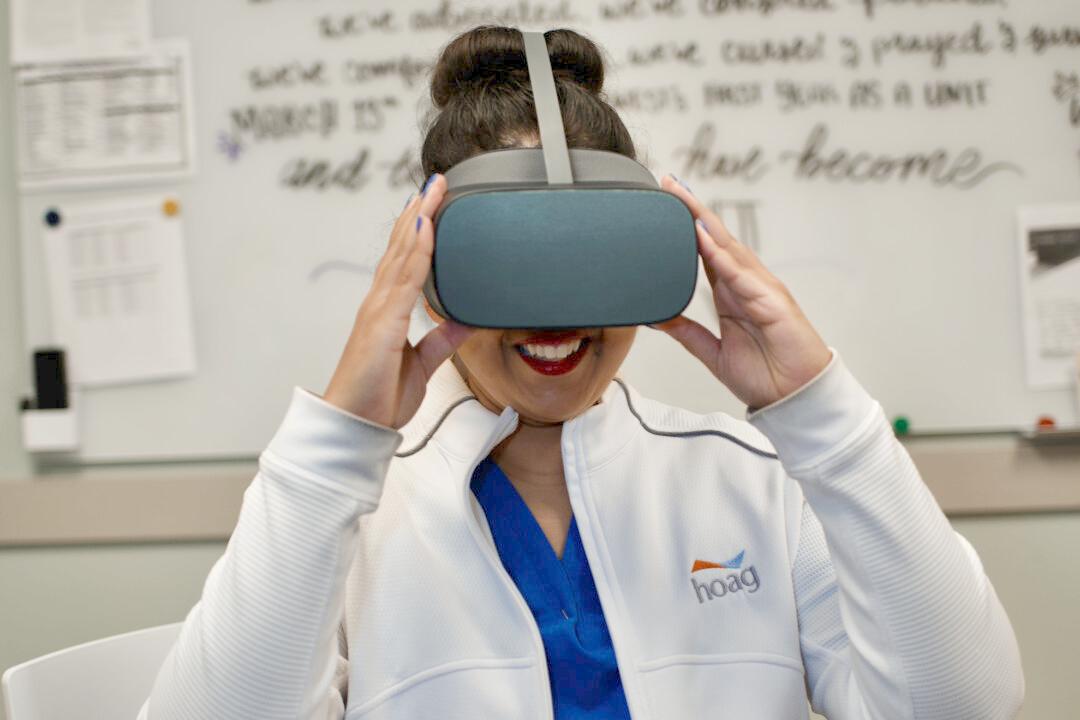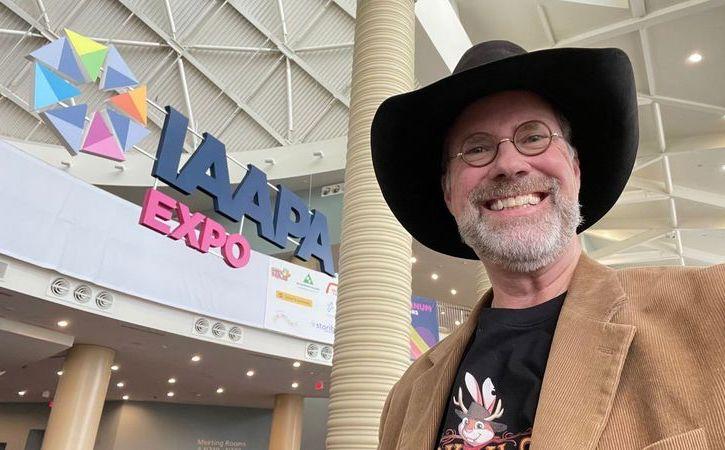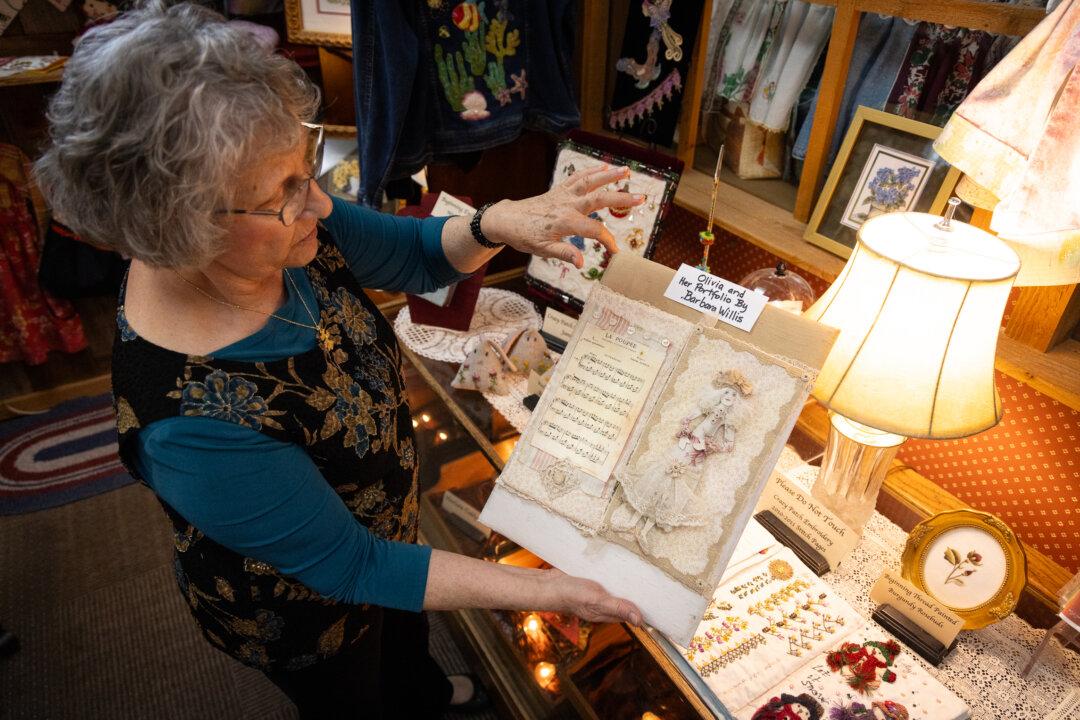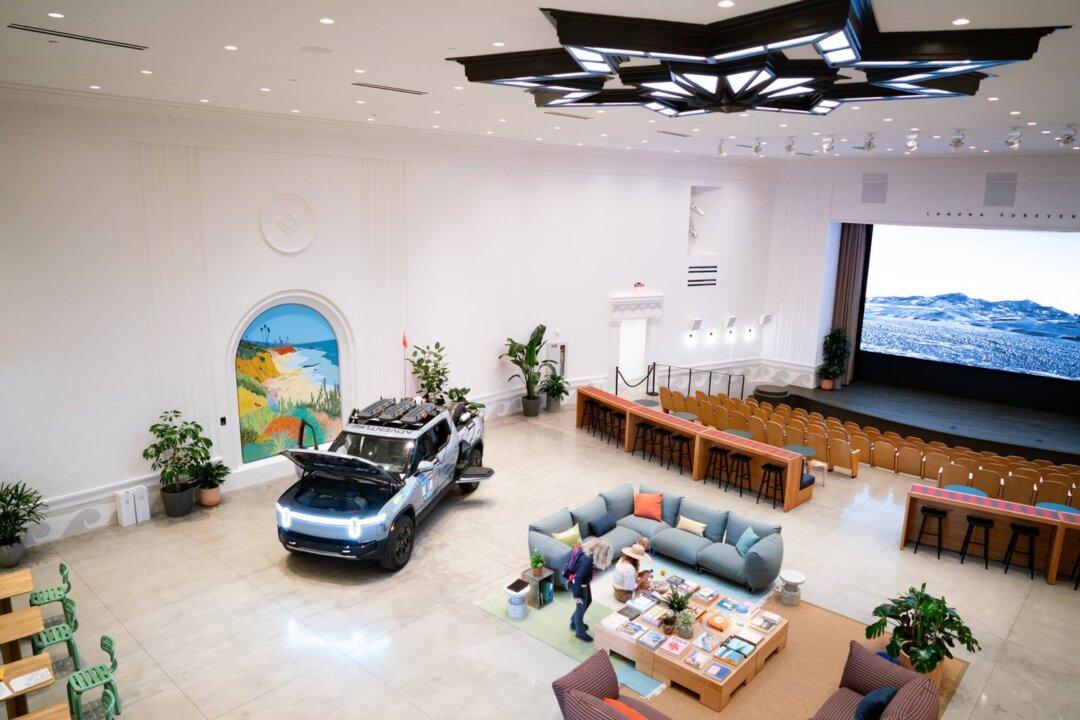NEWPORT BEACH, Calif.—For frontline medical professionals such as Crystal Watson, a registered nurse working at Hoag Memorial Hospital Presbyterian, the ongoing pandemic has taken a significant emotional and physical toll.
The long hours of caring for patients, the relentlessness of the disease itself, as well as having to communicate with family members unable to visit their loved ones, can be overwhelming—sometimes debilitating, she said.





